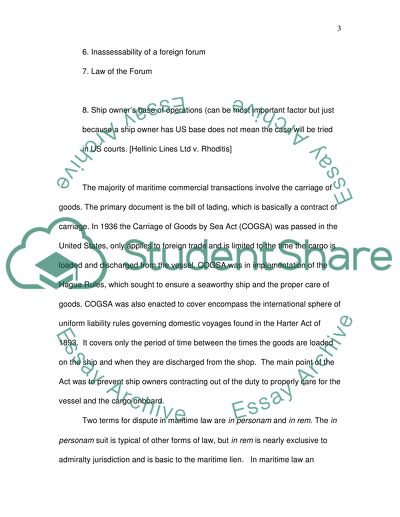Cite this document
(“Dispute Resolution: Frustration and Deviation Essay”, n.d.)
Retrieved from https://studentshare.org/miscellaneous/1511873-dispute-resolution-frustration-and-deviation
Retrieved from https://studentshare.org/miscellaneous/1511873-dispute-resolution-frustration-and-deviation
(Dispute Resolution: Frustration and Deviation Essay)
https://studentshare.org/miscellaneous/1511873-dispute-resolution-frustration-and-deviation.
https://studentshare.org/miscellaneous/1511873-dispute-resolution-frustration-and-deviation.
“Dispute Resolution: Frustration and Deviation Essay”, n.d. https://studentshare.org/miscellaneous/1511873-dispute-resolution-frustration-and-deviation.


